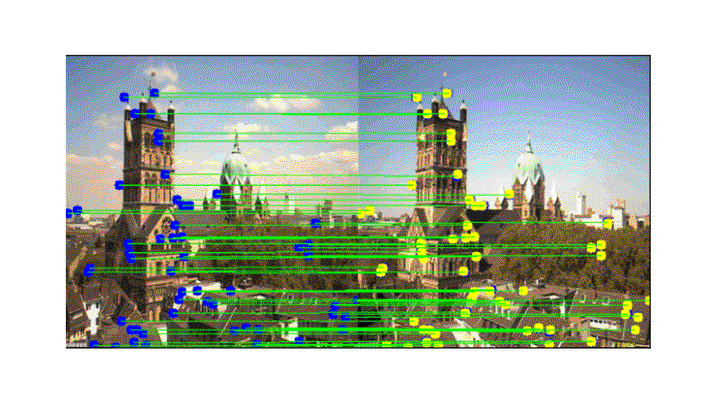C-3PO: Towards Rotation Equivariant Feature Detection and Description
 C-3PO
C-3PO
Abstract
Despite the recent advances in local feature matching, dealing with affine distortions remains a major challenge. While state-of-the-art methods have shown to perform well in the absence of rotation perturbations, some computer vision applications, such as object tracking and image stitching, require keypoint extraction methods that maintain high performance regardless of the image orientation. Current approaches perform extensive data augmentation to artificially acquire a degree of rotation equivariance. However, this does not only induce redundancy in the learned feature representations, but also does not provide any geometric guarantees. To address this issue, this work explores an alternative approach that instead instills rotation equivariance inside the model itself. Leveraging recent advances in group equivariant deep learning, we propose C-3PO, a family of feature detection-and-description models based on steerable group convolutions. We evaluate our method against prior work, and find that it outperforms its non-equivariant counterparts for most rotation perturbations. However, presumably due to the task’s inherent sensitivity to interpolation artifacts, extending a discrete rotation equivariant model to a continuous variant provides only marginal performance gains.